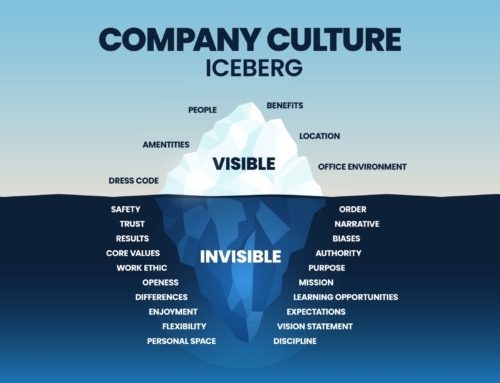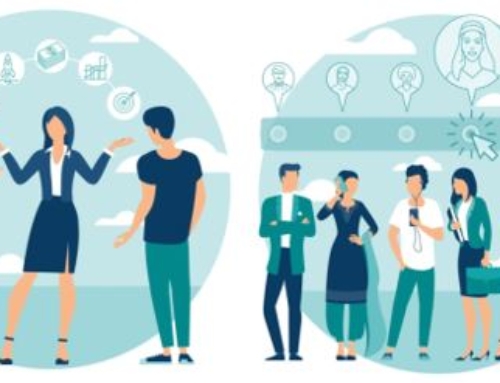Career Life Transitions have been coaching people for personal, leadership and career development for many years, we call on a number of different methodologies, approaches and assessments to assist our clients better understand themselves, their circumstances and areas of focus and attention will create a better life based on their definition of ‘better’. The biggest challenge for a coach is moving from understanding to doing.
Bottom line is,
no matter how much more you understand about yourself, your circumstances or the environment you’re in,
until you decide to do something different, nothing will change.
Yes, in this case you have our permission to say ‘its all about me’.
This is the first challenge of any coaching program. Coaching is a collaborate, individualised relationship between the coachee and the coach.
It’s a partnership, one in which both sides work to reach an agreed upon destination. The aim of the partnership is to bring about sustained behavioural change and transform the quality of the coachee’s working & personal life. It is about assisting people in understanding different options to issues and challenges and taking the time to make better choices.
In most cases the original choices are almost on auto response and taking the time to consider and choose differently is difficult. We all have ‘triggers’ that trigger behaviours; a joke makes us laugh, a soft look makes us vulnerable, but it can also trigger behaviour that isn’t attractive to those around you or, even with the best intentions, doesn’t illicit the response you might have been hoping for in those around you.
Most people will see their coach no more than an hour a week, more likely its every 2 weeks or monthly. That’s a very short time in consideration of the rest of the working week. Coaching is conducted in a safe environment so the chances of disruptive ‘triggers’ coming up are very low. The coaching environment is a safe place to contemplate options, choices and challenges without pressure or stress. However, the purpose of coaching is to prepare someone for the opposite environment. An environment where there is stress and work pressure, your buttons and triggers and being pressed and the time to quietly contemplate options and choices are clouded in the quick thinking and mental excursion of day to day work.
This puts a lot of the focus on the actions of the coachee. The challenge is to take the advice of the coach and create space and time to consider options and choices in the work environment.
The second issue is that we have actually trained those around us to respond to us, we have set the rules and guidelines, even when we think we haven’t. Therefore, whether good or bad, our interactions are familiar to those around us and they know what we’re like, how to speak to us and how to push our buttons etc. A change in this dynamic will cause a wider disruption in the coachee’s life. People around you don’t want you to change either, it means you’re unpredictable and this makes them uncomfortable.
So the two challenges facing the coachee is; I need to do something different, and I also need to train the people around me that this is the new me.
Coaching is about personal change, and it can even be transformational for some people. Career Life Transitions have worked with people who have made astounding changes in their life. But the coach can’t make you do anything, they can advise, they can support, they can teach, they can develop, but they can’t do it for the coachee.
The best method to support personal change in the workplace is to involve the people around you, especially your direct manager. As we stated earlier, the coach is with the coachee for a small amount of time and is not creating the true pressure working environment. With the support of managers and peers, the coaching can include a broad range of colleagues and enhance the effectiveness significantly. Using the discussion with your coach as the basis, engaging with people around you and asking for their assistance & support in the things you’re trying to change in your behaviour will ensure corrected action can take place in situ.
If you’re being coached, regardless of the model, enrolling people around you to help you make the changes you’ve decided will not only assist you, but it will also help you train others to embrace your new choices. You will be training them as you change.
Coaching should never be a closed door process, if you’ve received feedback, psychometric testing, coaching input, all these things should be shared with those important people around you who can assist & support you during your transformation process. Don’t leave it all up to the coach and then say ‘coaching didn’t work’
the coaching is not relevant if you don’t make the decision to do something differently.
We can help you & your business transform, please contact us for a confidential conversation.














Dr Susan Roberts says: